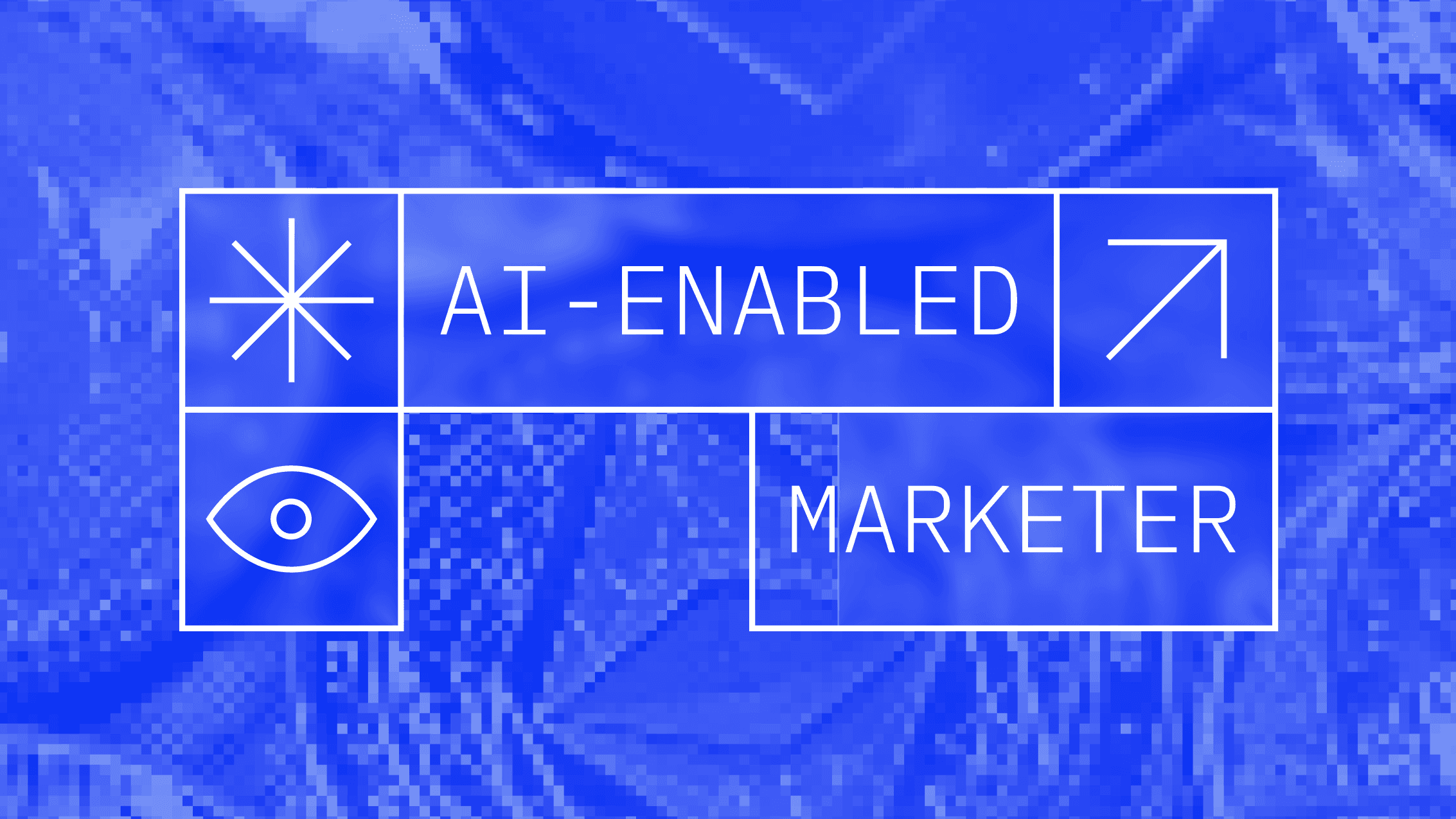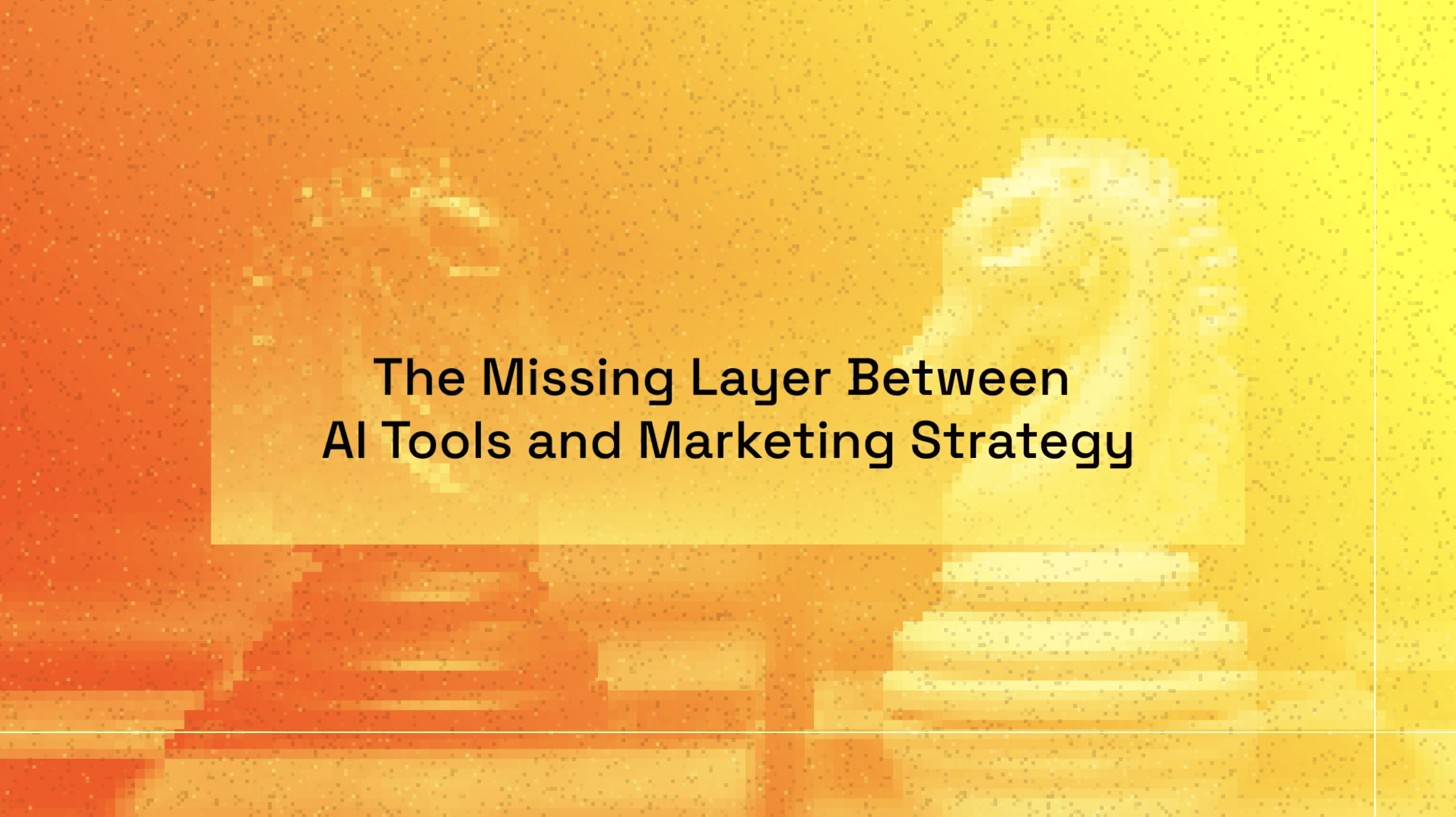
Rethinking artists’ dependence on record labels
Abigail Carlson
Content Genius
Something needs to change
While the title of this article may be eye-catching, we should start off by saying that the record label industry isn’t going anywhere anytime soon. Ask any burgeoning artist if they’d like an introduction to Warner, UMG, or Sony and more often than not their response will be an emphatic Yes. In 2017 Techcrunch boldly proclaimed labels “obsolete”... but that hasn't quite panned out.
Even though labels may take up to 80% of the revenue an artist generates, they offer an enticing promise to artists: exposure. That exposure, propelled by the label’s connections, resources and funding, is enough of a draw for most artists to be willing to sign away the bulk of their creative control. In doing so, they gamble on the fact that a rise to fame, and a remaining 20% of revenue (or sometimes less after splits with other producers/collaborators are taken into account), is worth more than what they could achieve on their own.
But is it?

Whitney Houston and Clive Davis signing Houston’s contract with Arista Records in 1983. Their collaboration, not without its flaws, epitomizes much of what comes to mind when one considers the traditional agent-artist relationship. Clive Davis made Whitney Houston a star, and Houston made Clive Davis a legendary artist manager.
Increasingly, artists aren’t so sure - and the data supports this. Artists who release music directly are the fastest-growing sub-sector of the recorded music industry: their revenue grew by 17% last year to a whopping $1.7 billion.
Before the rise of online music streaming platforms and social media, the main pathway to artist discoverability was the radio, and guess who controlled most of those relationships? That’s right… labels. Nowadays the path to discoverability is no longer so thoroughly gate-kept, given anyone can technically “go viral” on social media (with the right amount of talent, time, and effort of course). The exposure that record labels provide is still beneficial. But going with a label used to be an obvious choice and has now become strictly that: a choice.
More and more, labels are being forced to share the limelight with emerging tech companies that offer streamlined benefits to artists. One of those benefits is financing, another is distribution. Let’s examine both.
Rethinking music financing
A popular label alternative for artists looking for financing is to source funding through an online marketplace. Platforms like Indify, Sound Royalties, or beatBread pair artists with investors who then cut them personalized deals. These deals are often for one song or album, and investors don’t take ownership of the music itself. The relationship is purely financial, and they recoup their investments and then make a portion of streaming royalties from the music on an ongoing basis.
The Indify platform is known for having identified Billie Eilish, Post Malone, and Khalid before they were famous. Part of what makes a successful bet is evaluating an artist’s social media following, but another (potentially more important) part is truly having an ear for talent. Music manager Josh Feshbach, one of the investors on Indify, has just that. He took a $30,000 chance on an artist in 2021 who had gone viral on TikTok by posting videos of himself playing guitar. In under two years, Fleshback had made $110,000 from his investment in Mad Tsai. On Indify, artists keep 50% or more of their earnings while Indify takes a 15% cut from investors’ post-recoup upsides. Not bad.
Sound Royalties, a subsidiary of GoDigital Media Group (founded by Jason Peterson and also including label Cinq Music Group), is another company that similarly provides financial advances to artists. They recently signed an eight figure deal with Dominican rapper El Alfa ahead of his upcoming album and tour. Sound Royalties’ particular business model isn’t based on revenue projections, but on what an artist has already generated. They examine existing artist income streams and estimate a safe loan based on those. As such, they tend to work with more established artists.
beatBread, another music funding platform, just announced they are offering advances of up to $3 million to songwriters against the publishing rights on their catalog or future songs. They also prioritize helping artists through the music production process - as their recent hiring of executive Spencer LeBoff (who has previously worked with the likes of Selena Gomez, Dua Lipa, and Maroon 5) goes to show. Without taking ownership of the music copyrights, they provide artists with the support needed to maximize the value of those copyrights from a sound recording perspective.
Rethinking music distribution
Another way record labels are losing some of their status as primary connector of audiences and artists is through the rise of new music distribution channels. One such company is UnitedMasters, whose CEO Steve Stoute describes it as “a record label in your pocket”. It allows artists to upload music that gets distributed across multiple channels such as Spotify, Youtube, and Apple music. UnitedMasters receives a percentage of streaming royalties, but they lay no claim to the underlying original music recordings. Over 1.9 million independent artists use the platform today.
TuneCore is another platform for independent musicians to streamline their distribution efforts, offering direct access to 150+ digital stores and streaming services. Back in June, Grimes announced a partnership with TuneCore to help distribute her music. The partnership was lauded by TuneCore as being part of their “wider AI strategy” and showcases their commitment to emerging tech artists.
The music world is changing faster than most of us can keep up with. Yesterday’s record label status quo is far from today’s. Frankly, a status quo no longer exists. Competition drives creativity and innovation, so this is likely for the best - so long as artists are appropriately compensated for their work.
That’s a whole other conversation that we should probably get into, and one that Myosin.xyz is deeply involved in on the innovation side (reach out here if you’d like to talk about it).
At Netcetera, a big part of what we seek to do is examine the trends of the creator economy. In a future companion piece to this one, we will be taking a deep dive into artist compensation in particular. A number of alternative techniques are popping up for artists to earn more income for their music outside of royalty streams — one of those being by releasing their music as NFTs. We’ll examine the theory behind this and whether or not it is a promising avenue for revenue growth. In the meantime, it’s safe to say record labels are here to stay… but it’s always fun to root for an underdog.



